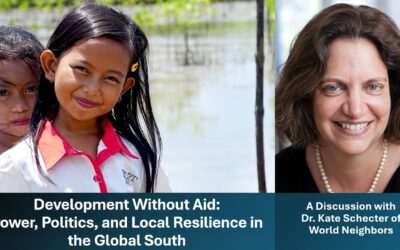Algeria is making progress in convincing Niger and Nigeria to go ahead with the construction of the trans-Saharan gas pipeline. Two events emerged recently that created uncertainty and risk for this project. The shift from the Mohamed Bezzoum regime to the military junta in Niger could have worsened relations between Niger and Algeria in the same way it happened between Algeria and Mali. Mali’s new junta considered Algeria’s previous mediation in its conflict with the Touaregs as direct meddling into domestic affairs. The ending by the junta of the Algiers Accords, which eased tension since 2015, has degraded the relations between Algiers and Bamako. This did not happen with Niger, which shares a sizeable border with Algeria. Secondly, Morocco has been deploying an aggressive diplomatic campaign to offer an alternative pipeline option. This effort from Rabat seems to face major challenges, from financial to operational, as describe below.
🔒 SUBSCRIBER-ONLY ANALYSIS
This in-depth analysis is reserved exclusively for clients subscribing to The North Africa Journal.
Already a subscriber?
Please log in here





